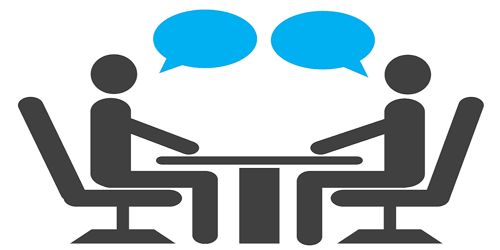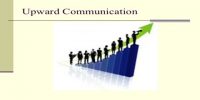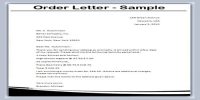An interview is a procedure design to obtain information from a person through oral response to oral inquiries. (Garry Dessler). It is a formal consultation usually to evaluate qualifications (as of a prospective student or employee). Under these processes, job seekers invited to appear at the interview board with their relevant academic and other qualification records.
Techniques/types of interview: There are five types of interview. These are as follows –
Unstructured interviews: An unstructured interview allows employment specialists to develop questions as the interview proceeds. The interviewer goes into topic areas as they arise, trying to simulate a friendly conversation.
Structured interviews: Structured, or directive, interviews relay on a predetermined set of question. The questions are developed before the interview beings and are asked of every applicant, as in the computerized approach used by bankers.
Mixed interviews: Interviewers typically use a blend of structured and unstructured questions. The structured questions provide a base of information that allows comparisons between candidates; the unstructured questions make the interview more conversational and permit greater insights into the unique difference between applicants.
Behavioral interviewing: Behavioral interviewing focuses on a problem or a hypothetical situation that the applicant is asked to solve. Often those are hypothetical situations, and the applicant is asked what should be done. Both the answer and the approach are evaluated.
Stress interview: Stress interviews attempt to team how the applicant will respond to job pressures. Originally developed during World War II to see how selected recruits might react under stress behind enemy lines, these interviews have useful applications in civilian employment.














